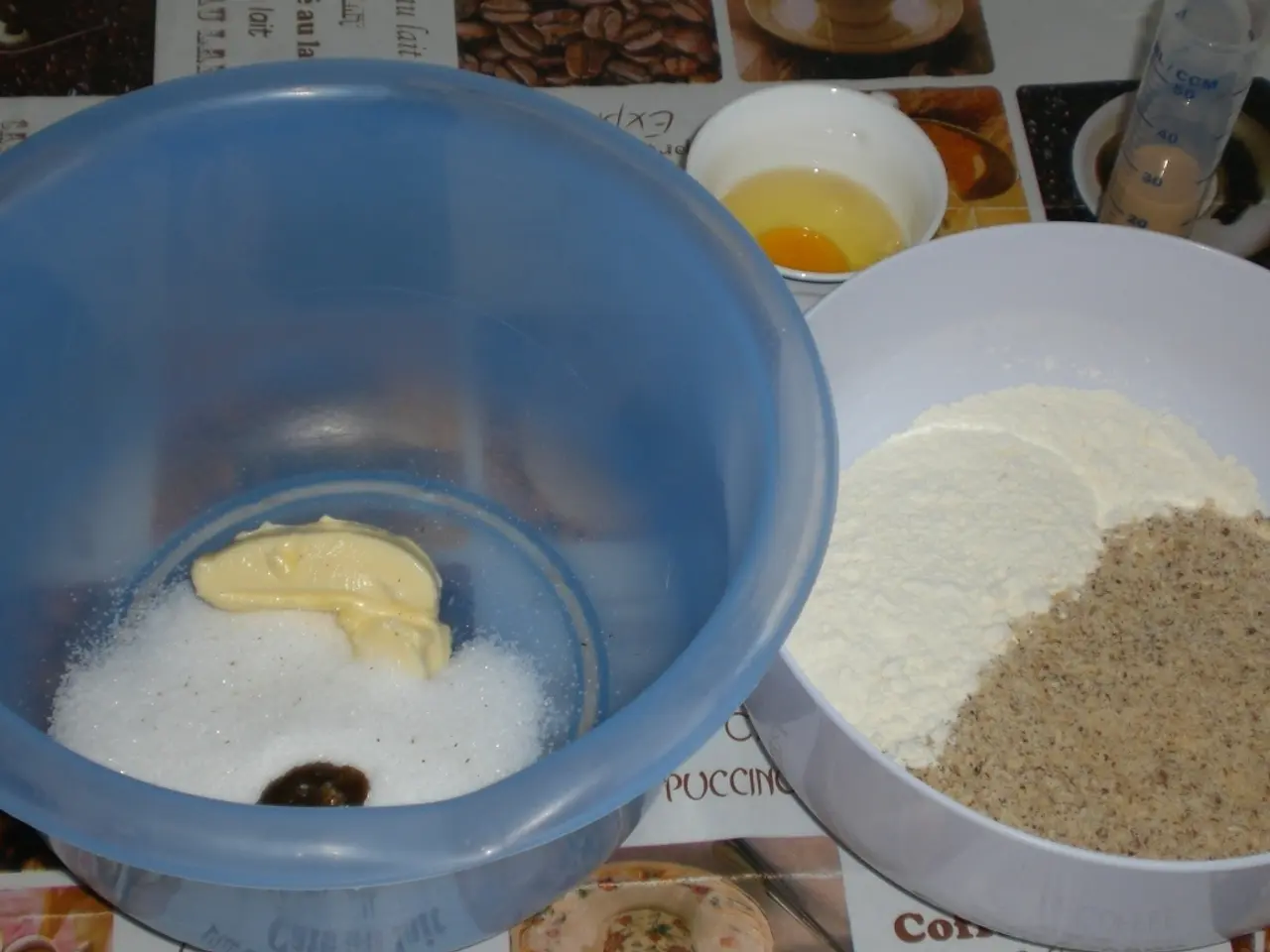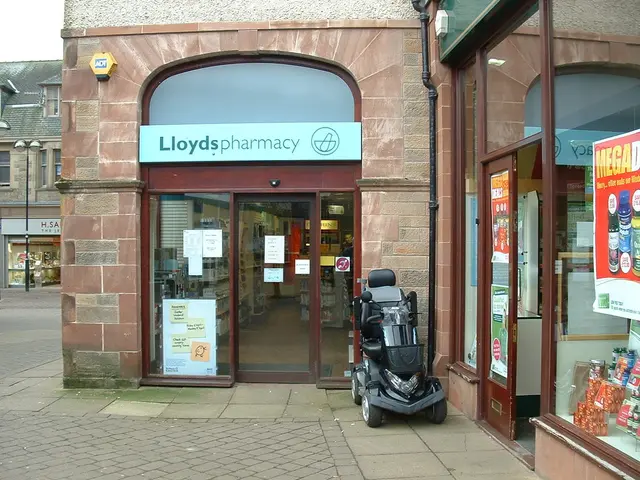Best OTC remedy for irritable bowel syndrome (IBS)
=========================================================================================
Living with Irritable Bowel Syndrome (IBS) can be challenging, but understanding the available treatments can help alleviate symptoms. This article provides an overview of the most effective over-the-counter (OTC) medications for IBS-C (constipation-predominant IBS) and IBS-D (diarrhea-predominant IBS), as well as home remedies and dietary management.
For IBS-C, fiber supplements, particularly soluble fiber such as psyllium husk (Metamucil), are considered effective. Psyllium works by absorbing water in the intestines, forming a gel that softens stool and increases stool bulk, which helps relieve constipation and regulate bowel movements. Non-prescription laxatives are also often used for IBS-C symptom relief.
In contrast, for IBS-D, OTC antidiarrheal agents like loperamide are commonly used to reduce diarrhea by slowing intestinal motility. Antispasmodics such as dicyclomine (Bentyl) can also be used to calm intestinal muscle spasms and reduce cramping pain, benefiting both IBS-D and IBS-C symptoms.
It is essential to note that while these OTC medications can provide relief for some, they may not be suitable for everyone. Always consult with a healthcare provider before starting any treatment.
In addition to medication, home treatments for IBS include avoiding certain foods, getting enough regular physical activity, and reducing stress. A person may consider contacting a doctor for advice on home remedies for IBS, who may refer them to a dietitian for support with dietary changes or a therapist for relaxation techniques.
Probiotics may help balance a person's gut in IBS, potentially reducing stomach symptoms. An analysis of previous research suggests that a combination of probiotic strains may be most effective in managing IBS symptoms.
Dietary management emphasizes a gradual increase of soluble fiber and avoiding insoluble fiber or triggers. Making dietary changes can help manage mild symptoms of IBS and can include limiting caffeine intake, cooking with fresh ingredients, avoiding fatty, spicy, or processed foods, and following a low FODMAP diet.
In severe cases of IBS, a person may require prescription medication. Common prescription medications for IBS include tricyclic antidepressants, selective serotonin reuptake inhibitors, nonabsorbable antibiotics, and serotonin agonists.
In summary, soluble fiber supplements like psyllium for IBS-C, and antispasmodics like dicyclomine for symptom relief in both IBS-C and IBS-D, represent some of the most effective accessible non-prescription options. Probiotics may also help balance a person's gut in IBS, potentially reducing stomach symptoms. Always consult with a healthcare provider before starting any treatment.








